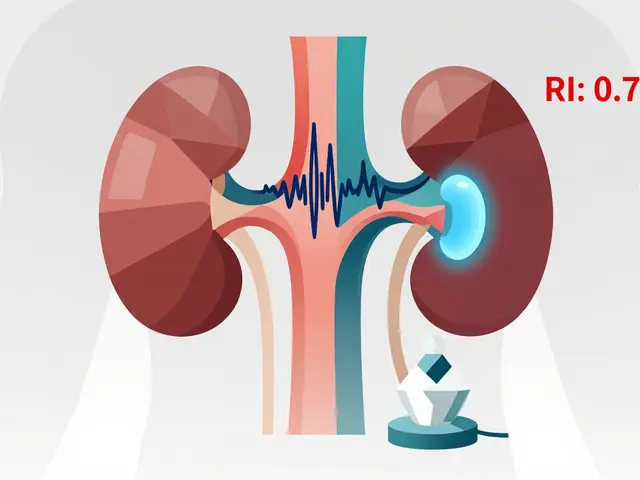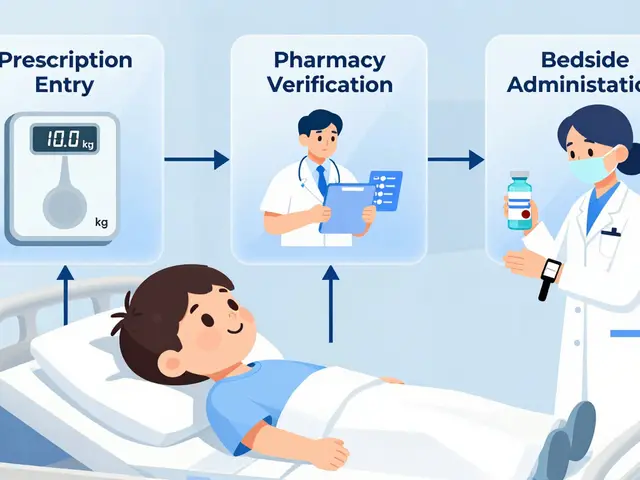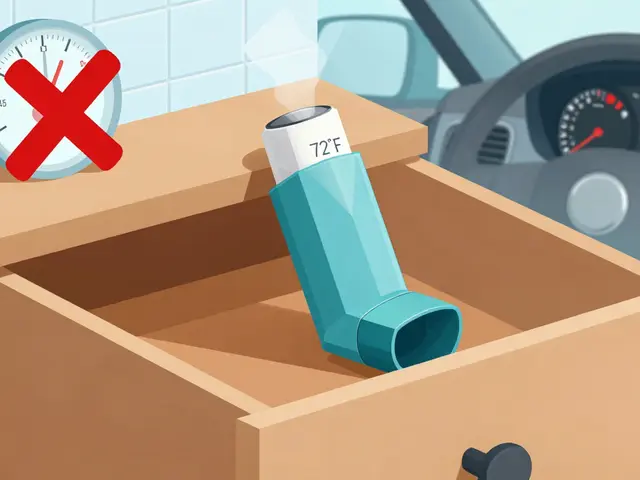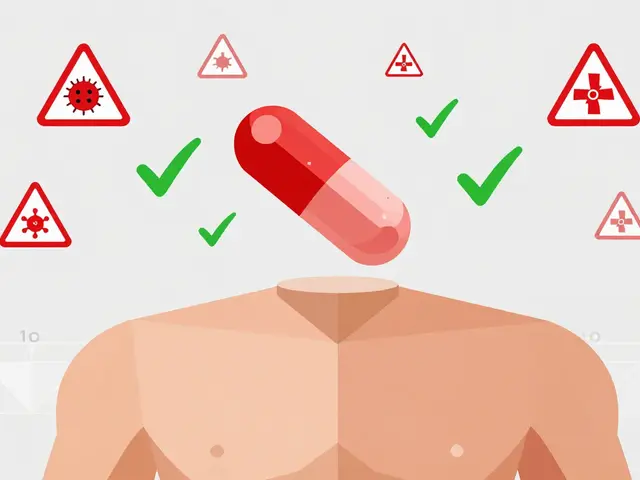Blood Cancer – Quick Guide
If you’ve heard the term “blood cancer” and aren’t sure what it means, you’re not alone. Blood cancers are cancers that start in the bone marrow or cells of your blood. Unlike solid tumors that grow as a lump, these diseases affect the whole bloodstream, so they can show up in many parts of the body.
Types of Blood Cancer
The three big groups you’ll see most often are leukemia, lymphoma and myeloma. Leukemia begins when white‑blood cells grow out of control. It can be acute (fast‑moving) or chronic (slow‑growing). Lymphoma starts in the lymph nodes or other parts of the lymphatic system; it’s split into Hodgkin and non‑Hodgkin forms. Multiple myeloma is a cancer of plasma cells, which are a type of white‑blood cell that makes antibodies.
Each type has its own set of signs. Common symptoms include unexplained fatigue, frequent infections, night sweats, bruising easily, and bone pain. Sometimes the first clue is a routine blood test that shows abnormal cell counts.
How It’s Treated Today
Treatment depends on the exact disease, stage and how healthy you are. Chemotherapy—strong drugs that kill fast‑growing cells—is still a cornerstone for many patients. Targeted therapy uses medicines designed to hit specific molecules in cancer cells, often with fewer side effects.
Stem‑cell transplants can give the body a fresh start by replacing diseased bone marrow with healthy cells. Immunotherapy, which boosts your own immune system to attack cancer, is becoming more common for certain lymphomas and leukemias.
Doctors also look at clinical trials. If you qualify, a trial might let you try a new drug before it’s widely available. Talk to your oncologist about what options fit your situation best.
Living with blood cancer means staying on top of appointments, lab work and side‑effect management. Simple steps—like keeping a symptom diary, eating balanced meals, and staying active as you’re able—can make the journey easier.
Remember, early detection improves outcomes. If you notice persistent fatigue, unusual bruising or swelling of lymph nodes, get your blood checked. A quick doctor visit can catch problems before they grow.
What actually helps blood cancer patients? See evidence-backed benefits of alternative therapies, safe use with treatment, costs, and Australia-specific access.
Continue reading...






